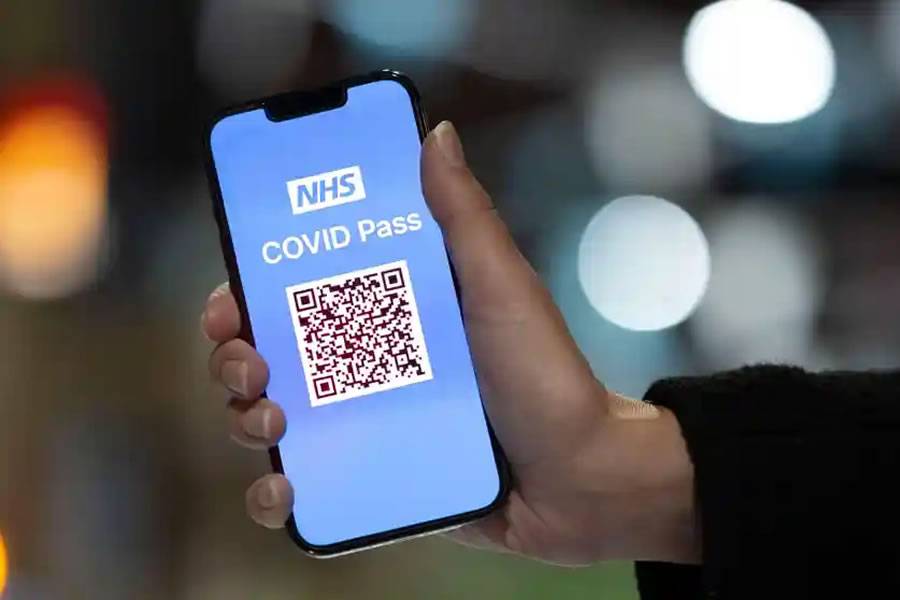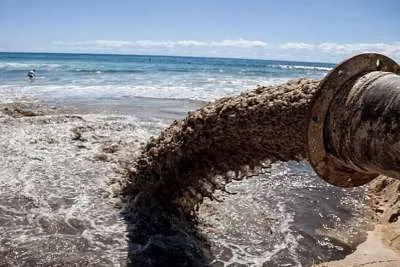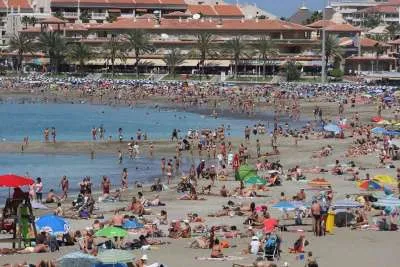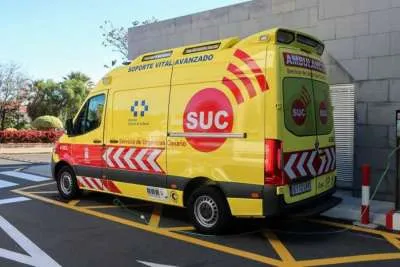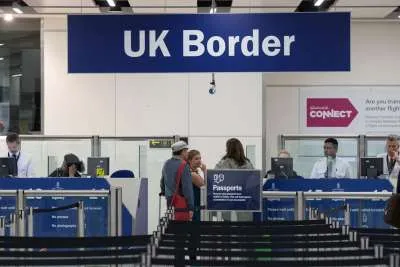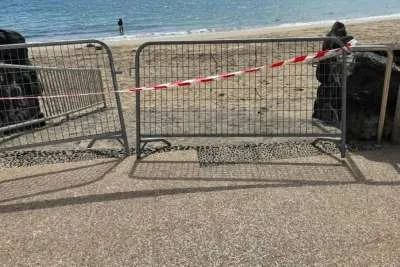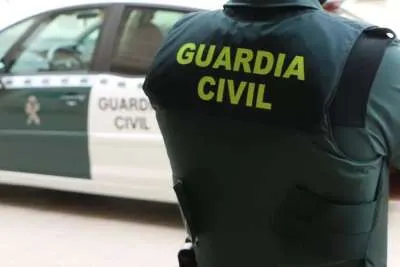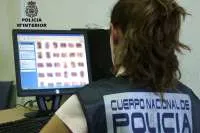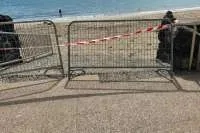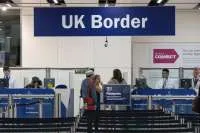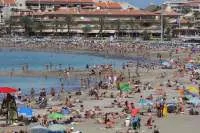Explanation of Spain’s entry rules for travellers from Third Countries including the UK
- 28-05-2022
- Health
- Canarian Weekly
It’s a week since Spain lifted the entry ban on non-vaccinated travellers from third countries, finally permitting them to enter with a negative test, but every day we are receiving messages asking if it is true, and what are the requirements, which is understandable since a lot of you are sceptical and have lost a lot of money since the ban was introduced on December 1st last year.
The decision was announced last Saturday, May 21st, by the Spanish Ministry del Interior, and was published in the Official State Gazette (BOE) on the same day, amending the regulation on entry into the country, including the Canary Islands, so yes, it is true.
The move has been welcomed by many, including the Spanish Minister for Tourism, Reyes Maroto, who said that “this is good news, long-awaited by the tourism sector, facilitating the arrival of tourists from outside the European Union for the summer season and guaranteeing safe mobility”.
She also said that the reopening of borders for non-vaccinated travellers will help to accelerate the recovery of the tourism sector in Spain, which is emerging as one of the world’s most desirable destinations with almost 7 million visitors in April.
Although the majority of Brits believe, or want to believe, that Covid no longer exists, it does, and many countries, including Spain, still have entry requirements to come into the country.
Until now, travelling from third countries to Spain has only been possible for vaccinated travellers whose vaccination meets the criteria set by the Spanish authorities to enter the country. The rules on travelling to Spain as a vaccinated person have not changed, and travellers who want to enter the country with such status must make sure that they meet the criteria explained below.
The rules on travelling to Spain as a vaccinated person depend on whether the traveller’s certificate is recognised by the EU as equal to the EU Digital Covid-19 Certificate (EUDCC) or not. Spain has made an agreement with several non-EU countries, including the UK, as it accepts the NHS Covid Pass as proof and no locator form is necessary.
These countries are:
Albania
Andorra
Armenia
Benin
Cabo Verde
Colombia
El Salvador
Faroe Islands
Georgia
Israel
Iceland
Indonesia
Jordan
Lebanon
Liechtenstein
Malaysia
Moldova
Monaco
Montenegro
Morocco
New Zealand
North Macedonia
Norway
Panama
San Marino
Serbia
Seychelles
Singapore
Switzerland
Taiwan
Thailand
Tunisia
Togo
Turkey
Ukraine
The United Arab Emirates
The United Kingdom
Uruguay
Vietnam
The Vatican
However, they need to make sure that their certificates have been issued for a vaccination that took place within the last nine months, or for a booster dose. Only certificates issued to persons vaccinated with one of the following Covid-19 vaccines are accepted for entry into Spain:
- Comirnaty (developed by BioNTech and Pfizer).
- Jcovden (previously COVID-19 Vaccine Janssen).
- Nuvaxovid COVID-19 vaccine (SARS-CoV-2 rS).
- Spikevax (previously COVID-19 Vaccine Moderna).
- Vaxzevria (previously COVID-19 Vaccine AstraZeneca).
- Covishield (ChAdOx1-S).
- CoronaVac (Vero Cell).
- Covovax (SARS-CoV-2 rS Protein Nanoparticle).
- Convidecia (Ad5.CoV2-S).
Anyone travelling to Spain who is not vaccinated against COVID-19, or whose vaccination is not accepted, can either enter the country by showing proof of recovery from the Coronavirus or with a negative COVID-19 test result.
Those entering the country based on a recovery certificate must show a document issued by relevant health authorities in his/her country of residence in the last 180 days. The document must have been issued at least 11 days after confirmation of Covid infection by PCR or antigen test.
Travellers entering Spain with negative test results can do so with two types of tests:
- NAAT type tests, which include PCR tests, carried out within 72 hours before departure for Spain.
- An antigen test carried out within 24 hours before departure for Spain.
Children under the age of 12 are exempt from the obligation to present a vaccination, recovery, or test certificate to enter Spain. However, those aged 12 and older are subject to the same entry rules as adults.
Restrictions when you are in resort:
The majority of Covid restrictions in Spain, and the Canary Islands, ended in April, and certificates are no longer required to enter anywhere.
Travellers visiting Spain, as well as citizens of the country, are no longer required to wear a face mask when attending different outdoor and indoor places, including cafes, bars, restaurants, museums, theatres, shopping centres, and other venues.
However, the requirement to wear a mask is still mandatory in some places to protect the most vulnerable people, including in a chemist, hospitals or medical centres, and on public transport. Masks are also obligatory for travellers on domestic flights to and from mainland Spain.
It is essential to bring one with you in case you need it, for example, you may not need it on the plane, or at the airport when you land, but you will on the coach or taxi to your accommodation.
Other articles that may interest you...
Trending
Most Read Articles
Featured Videos
TributoFest: Michael Buble promo 14.02.2026
- 30-01-2026
TEAs 2025 Highlights
- 17-11-2025


